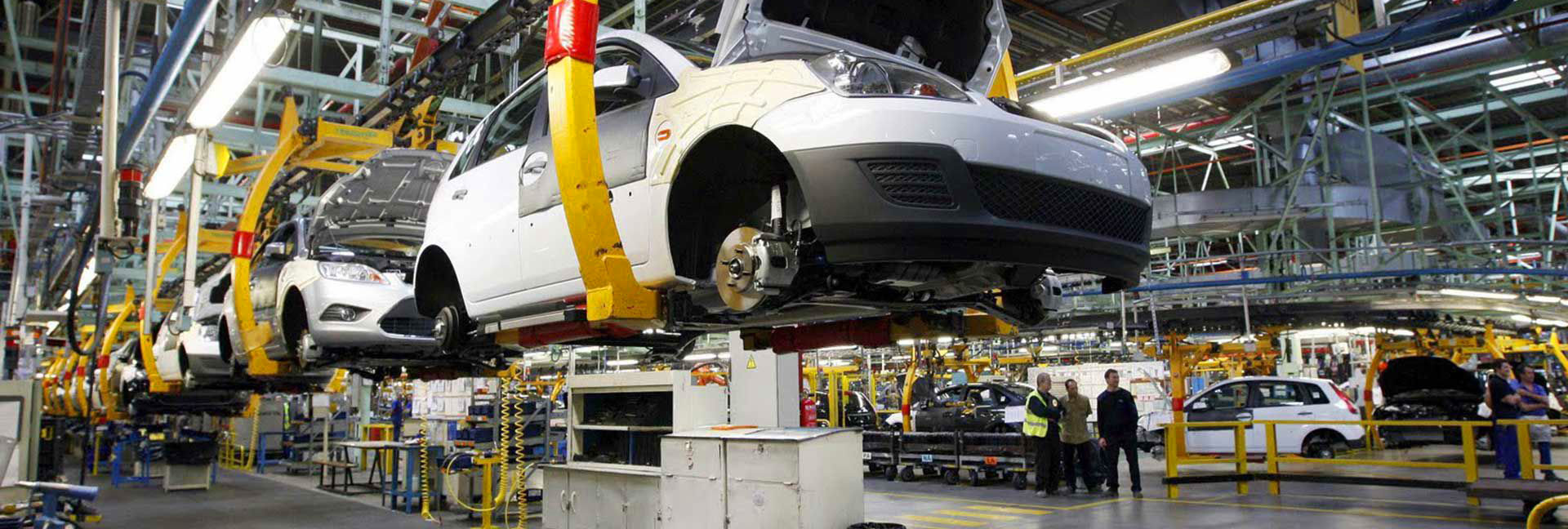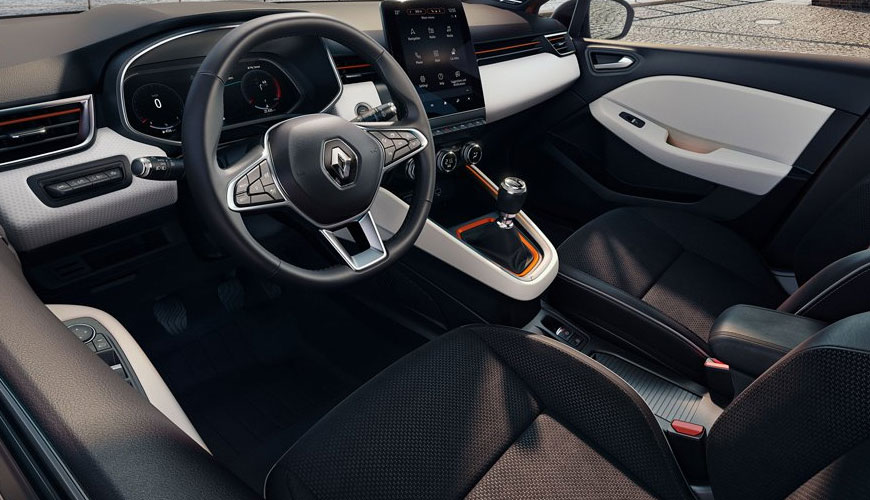

The "Renault D49 1653 Trim materials - Fouling tendency and cleaning capacity" standard developed by the French Renault automobile company describes the test methods for the fouling tendency and cleaning capacity of trim materials.

Since there are many parts of vehicles that are considered interior trim, the materials used are also very diverse. Leather and artificial leather are the most common term materials used in steering wheel covering, seat coverings, glove box exterior surfaces and many other areas. In addition, felt is used on the vehicle's headliner, felt on the inside of the cup holders, fabric on the fabric floor mats on the vehicle's floor, suede on the outer surfaces of the soft steering wheel covers and seat cushions, and wood is used to decorate the upholstery and door panels.
Trim is one of the most sought-after aspects of a vehicle. Vehicle interior coverings are all parts of the vehicle that are decorative rather than functional. Its main purpose is to transform the interior of the car into a comfortable and warm environment. Examples of upholstery include leather steering wheel, door trim, car headliner trim, seat trim or sun visor mirror.
The common denominator of all these products is that they are for aesthetic purposes. It serves the practical purpose of insulating the vehicle to trap heat. Such as preventing your hands from burning on the steering wheel due to the sun or preventing the roof of the vehicle from being damaged by water. However, for most people, these have a decorative aspect that makes the vehicle's interior flashy and modern.
Various trim materials are subjected to a number of tests to ensure that they have a certain level of functionality as well as aesthetic appeal.
Briefly, the test method defined in the Renault D49 1653 standard is used to evaluate the cleanability of automotive interior trim materials.
Due to the higher susceptibility of mechanical assemblies to contamination-related failures, the control of surface contamination in the form of small particles has become a high priority in conventional manufacturing processes. At the same time, the complexity of workpieces is increasing and the removal of contaminants is becoming more difficult. Therefore, there is a great need to facilitate cleaning in order to reduce both the high costs required for cleaning operations and the expenditure of natural resources.
Today, strategies are being developed to reduce or prevent solid particle contamination by producing byproducts throughout the product development and production chain.
Advanced laboratories offer automotive component safety and performance testing to verify the comprehensive performance of various trim materials. Evaluation of a product is based not only on whether its function and performance are excellent, but also on various conditions. For example, the reliability of its functions and performance in harsh environments or the level of maintenance costs. In automotive interior trim tests, products must pass harsh conditions such as high temperature and low humidity, low temperature and high humidity, low temperature and low humidity, as well as tests on large components.
The test method defined in the Renault D49 1653 standard is used to determine the fouling tendency and cleaning resistance of test samples such as fibreboards, fabrics, vinyl-coated fabrics, leathers and similar covering materials.
There is a need for automotive interior trim components made of chipboard, natural fiber composites, wood composites or any other material, and these materials must provide the best performance and have high cleaning ability.
Among the numerous testing, measurement, analysis and evaluation studies it carries out for businesses in various sectors, our organization also provides testing services for the contamination tendency and cleaning capacity of trim materials within the scope of the Renault D49 1653 standard, with its trained and expert staff and advanced technological equipment.
To get an appointment, to get more detailed information or to request an evaluation, you can ask us to fill in our form and reach you.